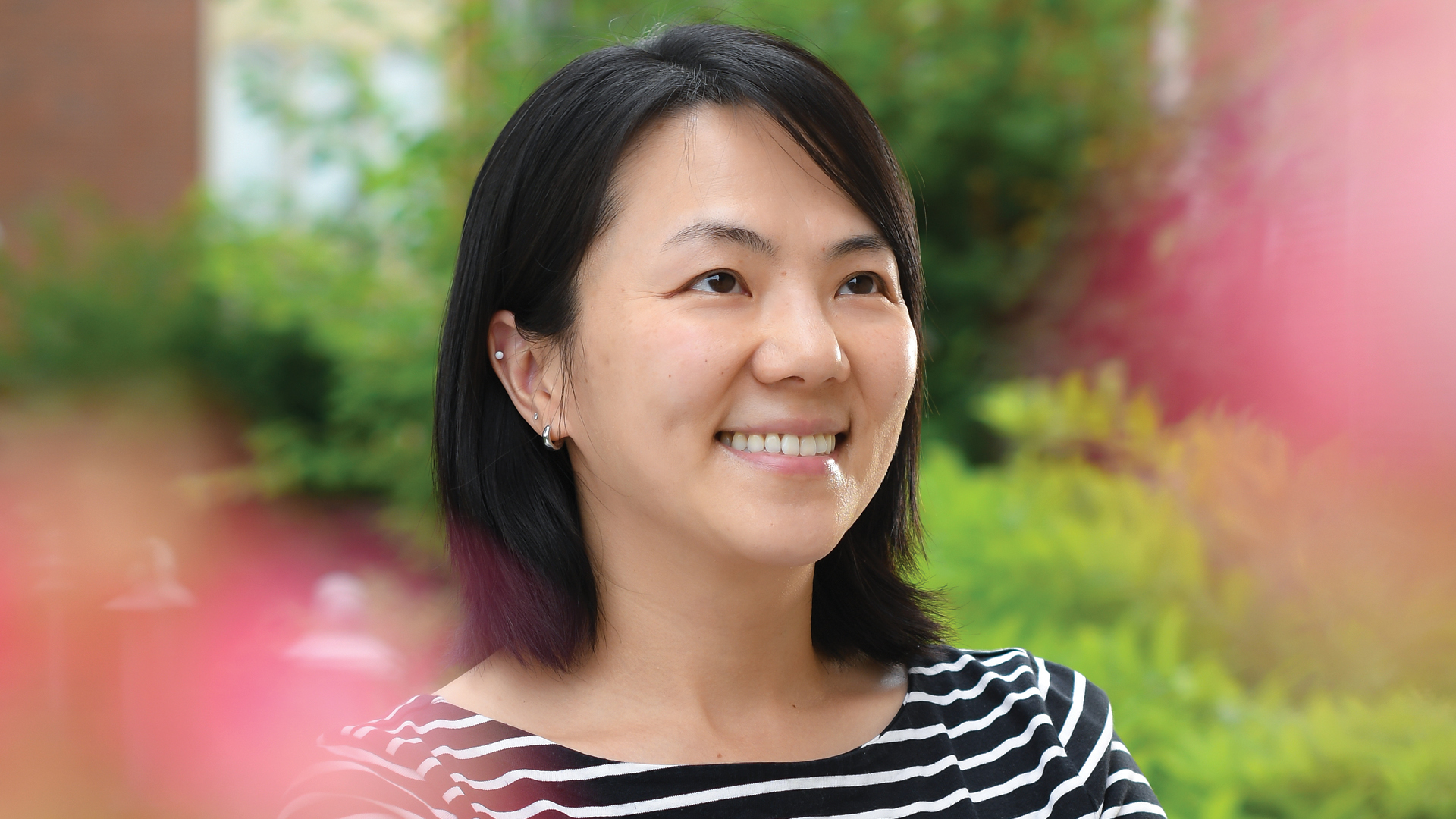by Rachel Stengel '14, '20
Play is very powerful, says Dr. Yi-Ju Cheng. She is an expert in play therapy, a concentration within the counseling profession that embraces children’s natural inclination to express themselves through play.
“It really benefits children who have had adverse experiences and trauma,” she says. “They may have difficulty articulating what’s going on for them due to their developmental stage or mental health struggles. Children tell us a lot about who they are through play.”
Cheng’s role as a child-centered play therapist is to build relationships with the children so that they feel unconditionally accepted and strive to understand their underlying needs and emotions. “If they don’t feel safe, they won’t be able to freely express themselves,” she says.
Cheng earned her bachelor’s degree in social work from Tunghai University in her home country of Taiwan. Her parents encouraged her to study abroad to gain a new perspective. “They said, ‘Even if you don’t do well, do it to open your eyes to something new.’”
When she was researching opportunities, she found the University of North Texas. The institution had a specialization in play therapy in its counseling programs. She went on to earn her master’s degree and doctorate from there.
Cheng recently co-authored Multicultural Play Therapy, a book written with the purpose of expanding therapists’ cultural awareness, humility and competence. As someone with an international identity herself, Cheng hopes the book will help play therapists learn to work more therapeutically with children of different cultures, races and beliefs with deep and genuine understanding.
I teach because I feel fulfilled and humbled to have the opportunities to exchange knowledge and experiences with my students."
What does a play therapy session look like?
We are selective about the toys and materials in the room. The child decides what they want to do. Child-centered play therapists refrain from providing any direction based on our own agenda or assumptions. We provide an environment where they can get in touch with their internal resources so they can move toward the healing process on their own.
How can parents embrace the power of play?
You don’t need to do much, just 30 minutes a week designated just for you and your child. Let your child take the lead on what they want to play and follow. Try to understand their world through their lens and validate their feelings. I know that sounds simple, but for little kids, that’s what they need.
How does your new book add to the literature of play therapy?
The whole book centers on cultural humility. We give our readers strategies on how to work with children from different cultural backgrounds. We have different authors writing each chapter and sharing their cultural encounters in play therapy. I shared an example of when I was working with two 5-year-old Black children. One child said, “I’m from China. I know kung fu.” And they started doing kung fu moves. It’s an opportunity to see the cultural components. I use that example to show how I responded and how I wish I could have responded that would have embraced cultural humility in a more effective, therapeutic way.

